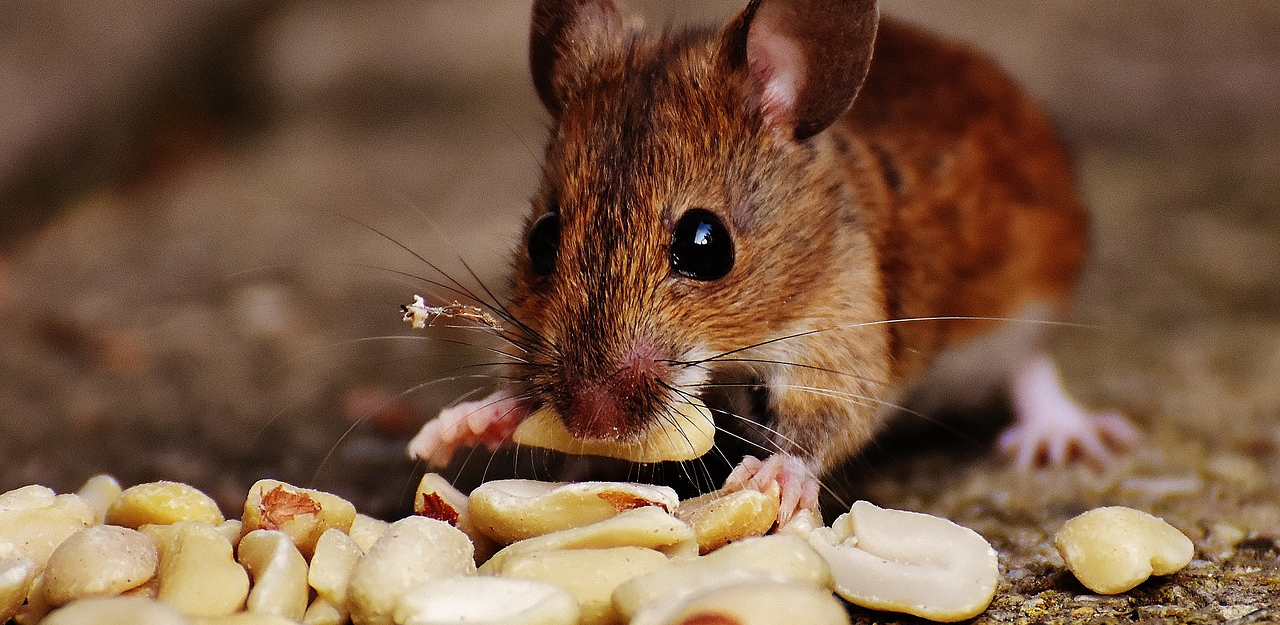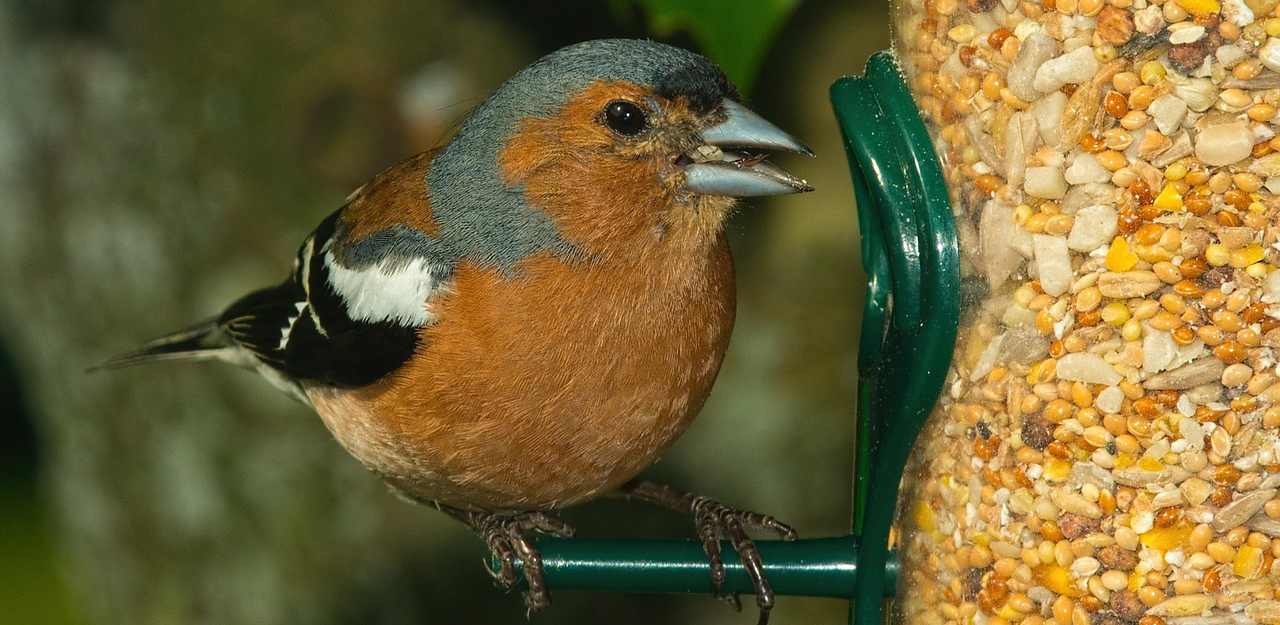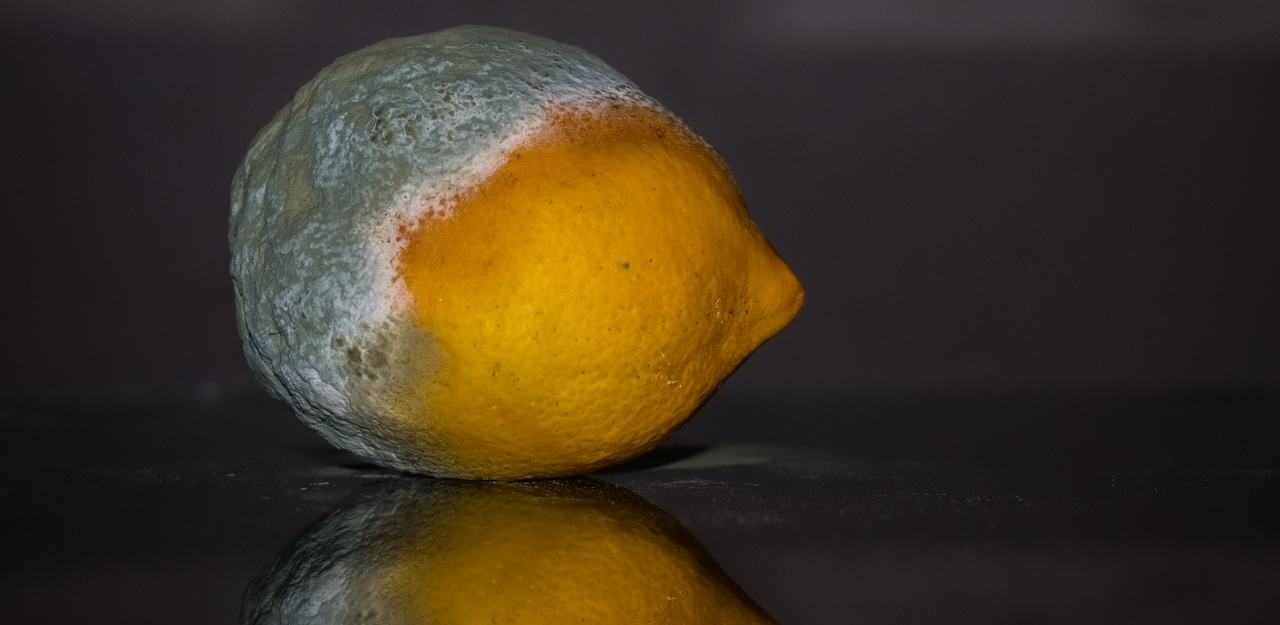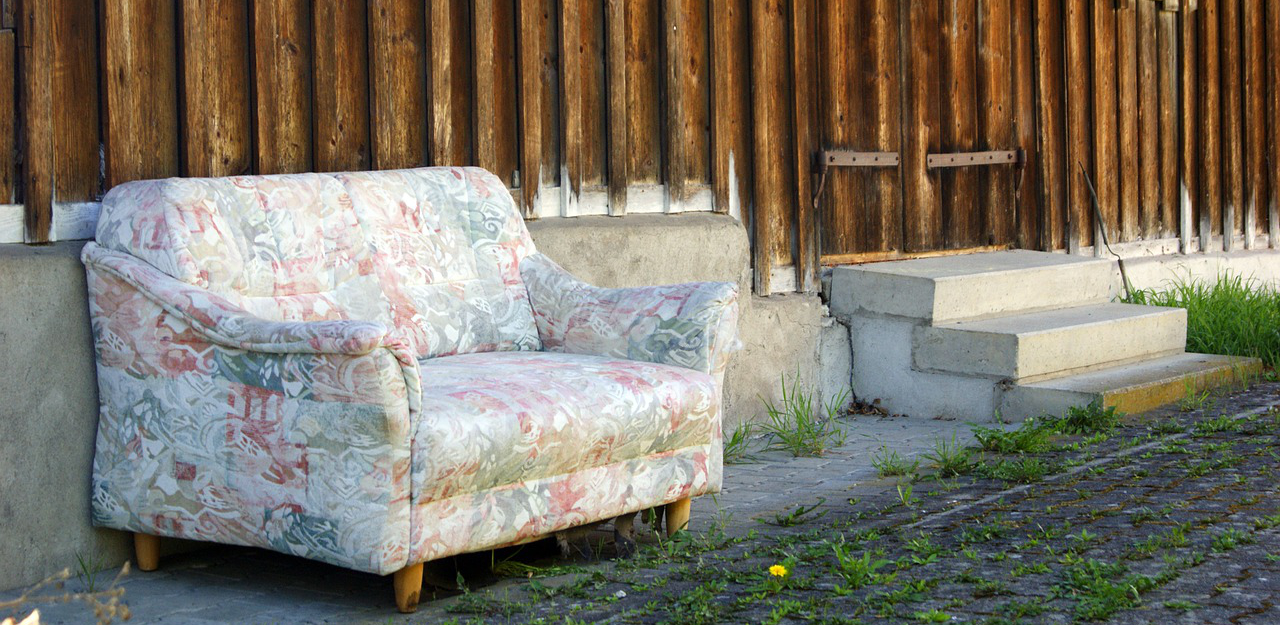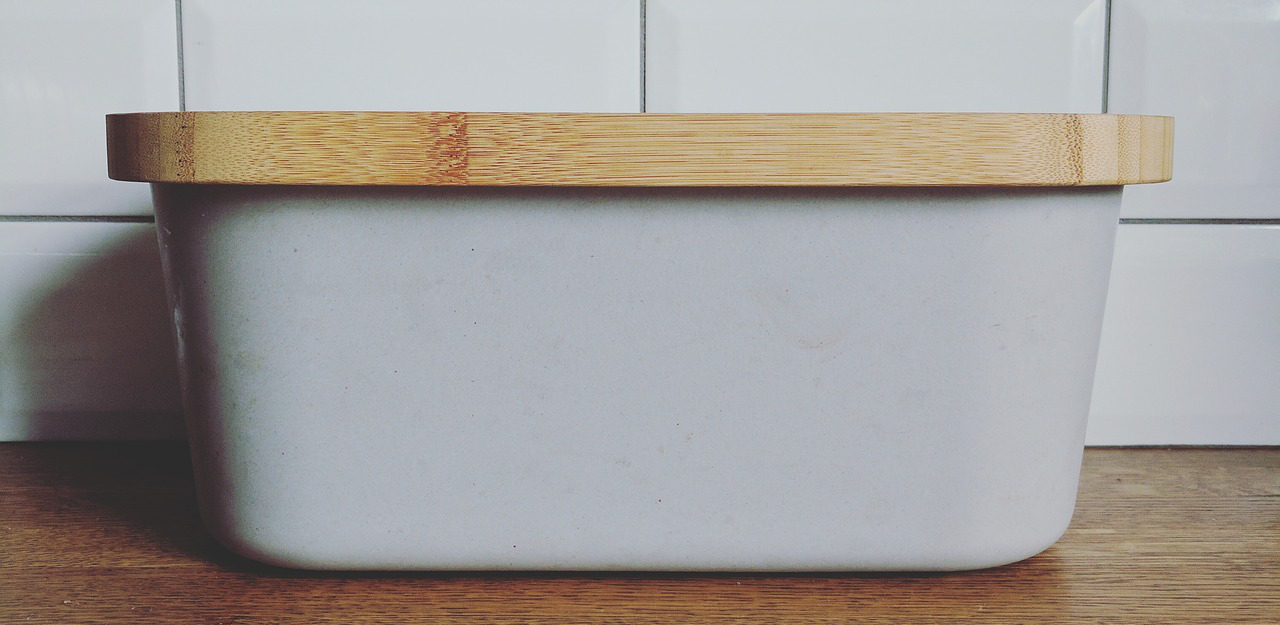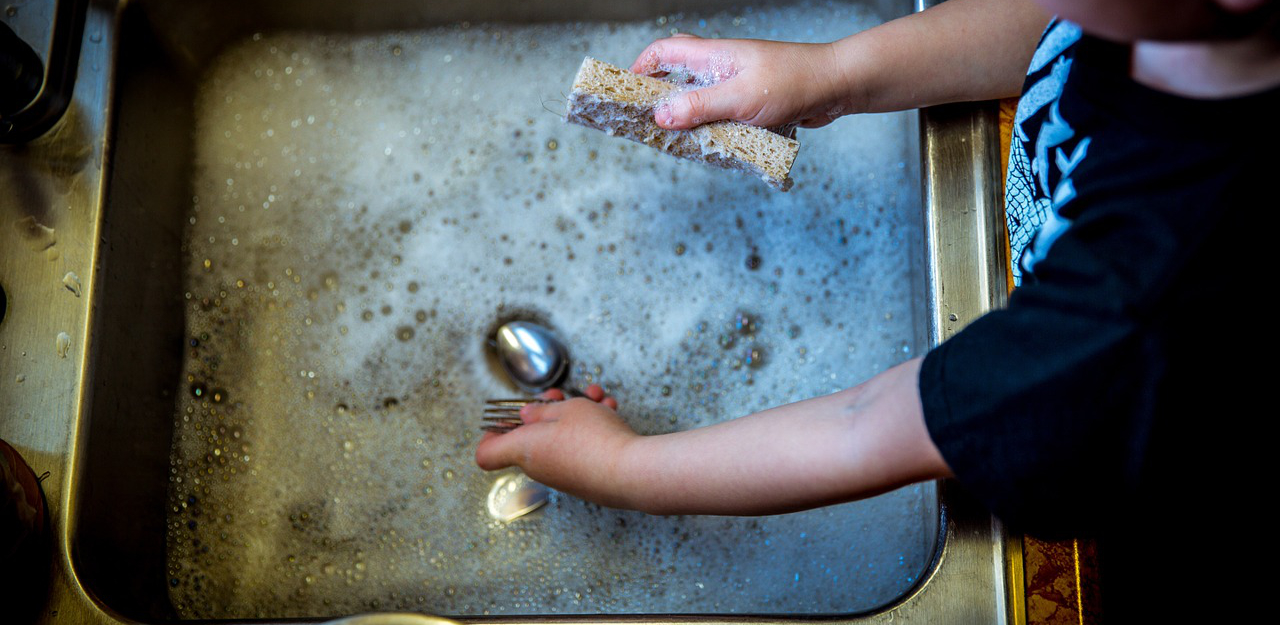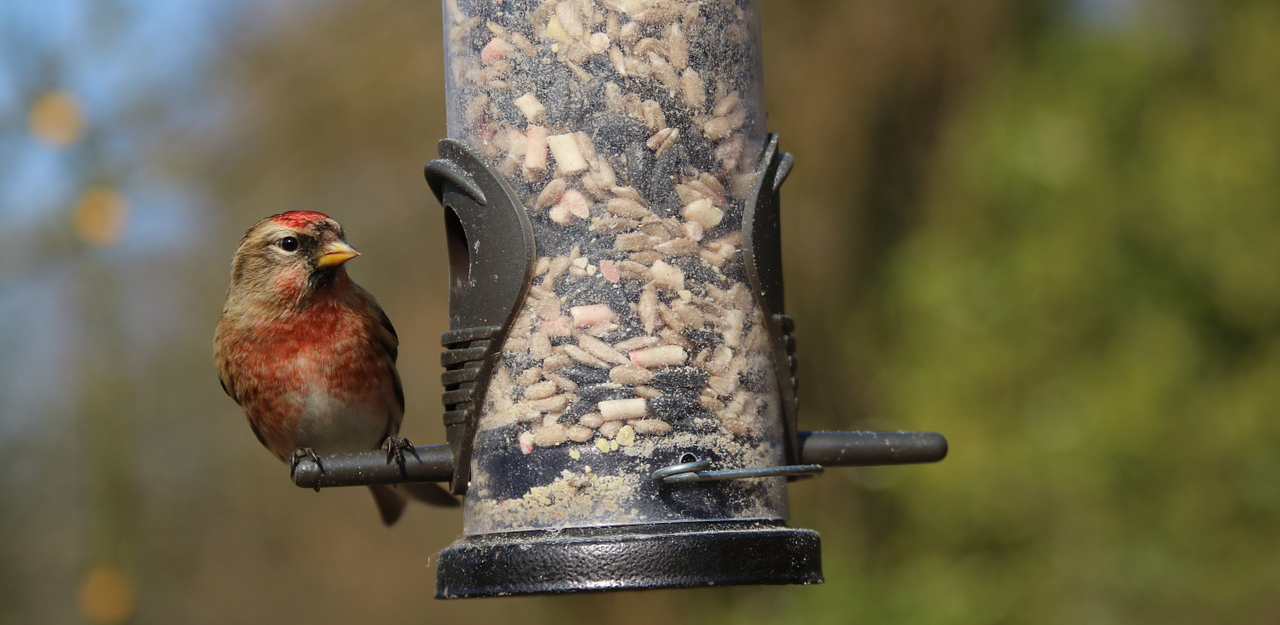Where Do Pests Come From?
Pests are an alarming thing to find in both the home and office because it means that they have somehow managed to make their way inside through small cracks and crevices within the property – which means it’s a job for a professional to find it, seal it and remove the pests. If there aren’t any signs of broken sealants or cracks, it’s likely you’ve brought a contaminated item into the home without realising. Whatever pest you have found in your home, we have it covered in our comprehensive guide.
Pest Defence are here to provide answers to your questions, covering: where different types of pests come from, how they get in the home, what they’re attracted to and prevention tips to make your home a less attractive prospect to unwanted critters.
Where do pests come from?
What are pests attracted to, and how do they get in your house? We break down the common reasons below so you can take the necessary precautions to avoid an infestation in your home.
Bed bugs
Bed bugs are attracted to the warmth of a property and look for fresh blood and carbon dioxide. Unlike other pests, bed bugs are brought into the home by you – they will typically enter a house through contaminated upholstery. Any fabric items are at risk of harbouring them, particularly secondhand ones. This means they could have been living inside a new cushion or backpack etc.
Ants

Nearby ant nests can mean your home is likely to experience a few rogue pests that are looking for food. If they’re lucky and find an abundance of sustenance, they will create a trail and return in the hundreds and thousands.
Ants are attracted to sugars and grease and enter a property through minute gaps or cracks on the exterior of your home. If you have shrubbery close to your home, it’s more likely you will experience an ant infestation because this can entice them inside.
Cockroaches
Cockroaches are attracted to food, dirty dishes, ripped bin liners, crumbs – you name it, cockroaches will feast on accessible leftovers, but their favourites include meat, cheese and sugar. They are also drawn to moisture and like humid environments, so if you’re aware of a leak somewhere, it’s likely you’ve provided these pests with their ideal home. Like bed bugs, cockroaches hitch a ride in bags and furniture or via your plumbing or drainage.
Fleas
Most pets will experience fleas at some point or another in their life, and when they come into the home they can run riot. Fleas are attracted to warmth and get their meals by sucking the blood from your pet or us humans. Fleas are usually brought in by pets and can be living off your cat or dog.
Rats and Mice
Rats and mice usually nest outside, but if food is scarce they will raid any nearby property they can get into. Rodents are attracted to bird feeders, accessible food sources such as open bins and leftover food. Rodents will get into your home through cracks and small holes and they’re surprisingly good climbers which means they can even end up in your attic.
Squirrels
Squirrels are attracted to bird feeders and the warmth of a home. They can get into your home through very small spaces – so if you have any damage on your roof it’s likely that they will venture to nest inside your attic.
If it’s a particularly harsh winter, and there are tree branches close to your home, they can be enticed to take shelter in your warm attic – even more so if you have a constant supply of bird feed in your garden.
Flies
Flies are attracted to sweet substances such as rotting fruit and will fly through windows or brought into the home through a brand new plant.
They’ll roam far and wide to find dead animals or rotting food. Once they have found their next meal, it won’t be long until there’s a whole swarm of them. There are a lot of things that will attract flies – this can include roadkill, your neighbour’s bins or a dead mouse brought in by a cat.
Bees and Wasps
Bees and wasps are attracted to, most obviously, nectar, but they are also partial to other sweet foods you may have lying around. Bees and wasps will be drawn to the warmth of your home and can fit through small gaps or holes you have in your roof. It’s typical behaviour to find a nest in the attic.
Sweet-smelling flowers lure bees and wasps to your garden and they will look for a place to nest close by if there’s a vast supply.
Pest prevention tips
So, that’s how different types of pests actually enter your home. What can you do to stop them?
How to prevent bed bugs
- Check any new furnishings before bringing them home, signs of bed bugs include dark black excrement spotting, blood spots the size of pinheads, an unpleasant sickly sweet odour, dead carcases of small beetles
- Use protective covers on mattresses – so they can’t hide in small crevices.
- Remove clutter from the home
- Vacuum regularly
- Wash new materials and dry them on high heat
How to prevent cockroaches
- A mixture of peppermint oil and white vinegar makes a great deterrent spray for both cockroaches and spiders
- Keep bins closed and food in sealed Tupperware
- Fix leaks quickly
- Use dehumidifiers to reduce the moisture in the air
- Fill any gaps or cracks
- Find out more on how to get rid of cockroaches in our guide.
How to prevent ants
- Spray vinegar near any cracks or worn sealants (places where they’ve been getting into the property)
- Clean up after each meal and wash down tops and vacuum the floor in case there are crumbs
- Borax mixed with sugar will kill ants – but do not use near children or pets
- Reseal windows and fill cracks/holes
- Read our guide on how to prevent ants for more info.
How to prevent fleas
- Treat your pets with flea treatments
- Wash pets bedding frequently
- Vacuum on a regular basis in case there are any on your carpets or furnishings
- See more tips on how to protect against fleas.
How to prevent rats and mice
- Empty your bins regularly and keep them closed
- Avoid using open composts
- Do not leave pet food outside
- Repair external holes and cracks within the perimeter
- Maintain your lawn
- Find out the common signs of rats and mice in your home.
How to prevent squirrels
- Remove branches that are close to the property
- Keep bird feeders far enough away from your home
- Maintain any broken parts of your roof
- Get more info from our squirrel infestations guide.
How to prevent flies
- Install window/door netting
- Remove full or smelly bins
- Use fly traps or fly tape
- Read our guides on fly diseases, how to prevent flies in a commercial kitchen, or a home kitchen.
How to prevent bees and wasps
- Install window/door netting
- Patch up holes and cracks
- Spray peppermint oil near your windows
- It’s important to remove bees ethically – here’s why.
Need to call in the pest professionals? Call Pest Defence today! We have a wealth of experience and a long history of happy customers and will provide a fast response to both commercial and domestic customers. We work throughout a number of locations including Chelmsford, Basildon, Maldon, Epping, Romford, Colchester, Harlow, Southend, Central London, Stansted, Brentwood, Braintree, Halstead, Outer London and Billericay.




